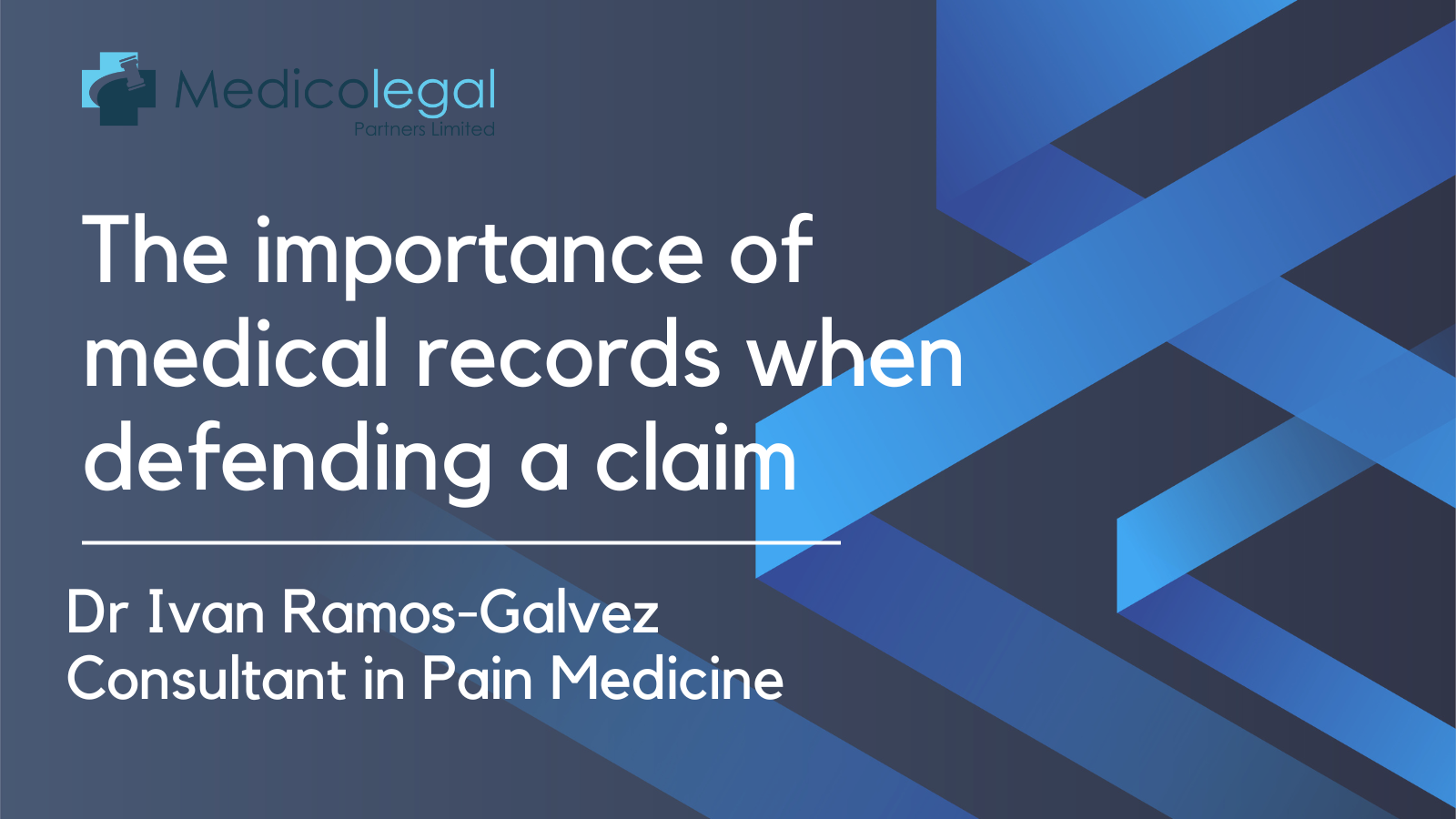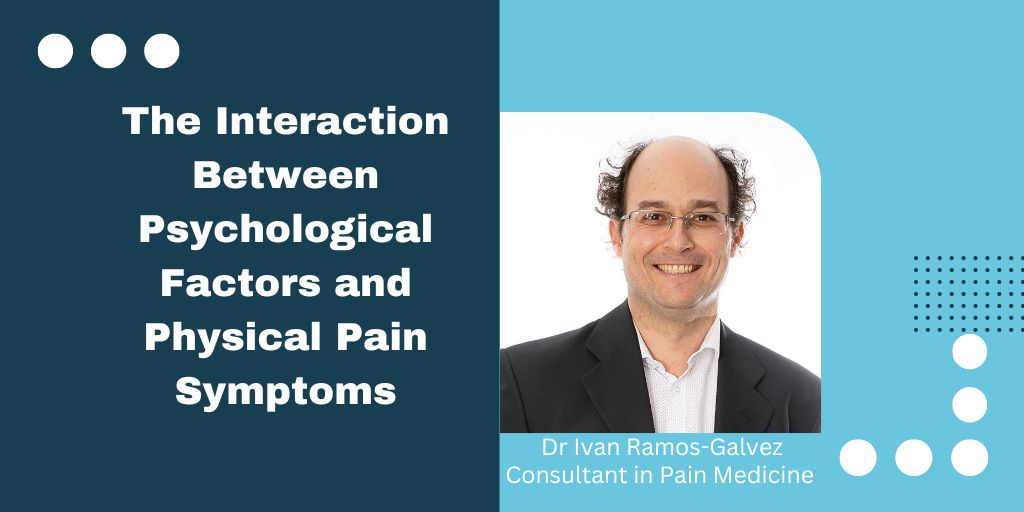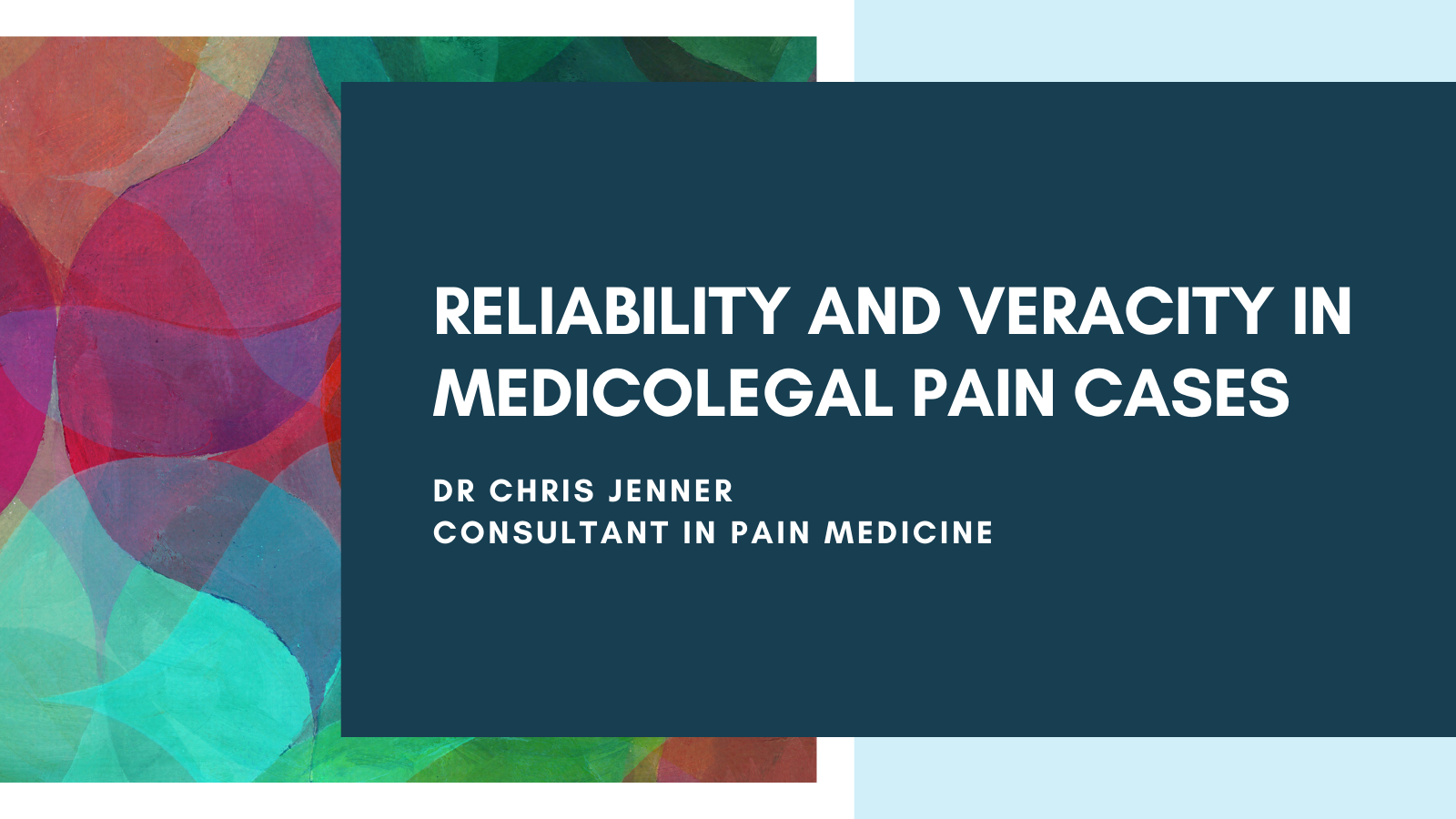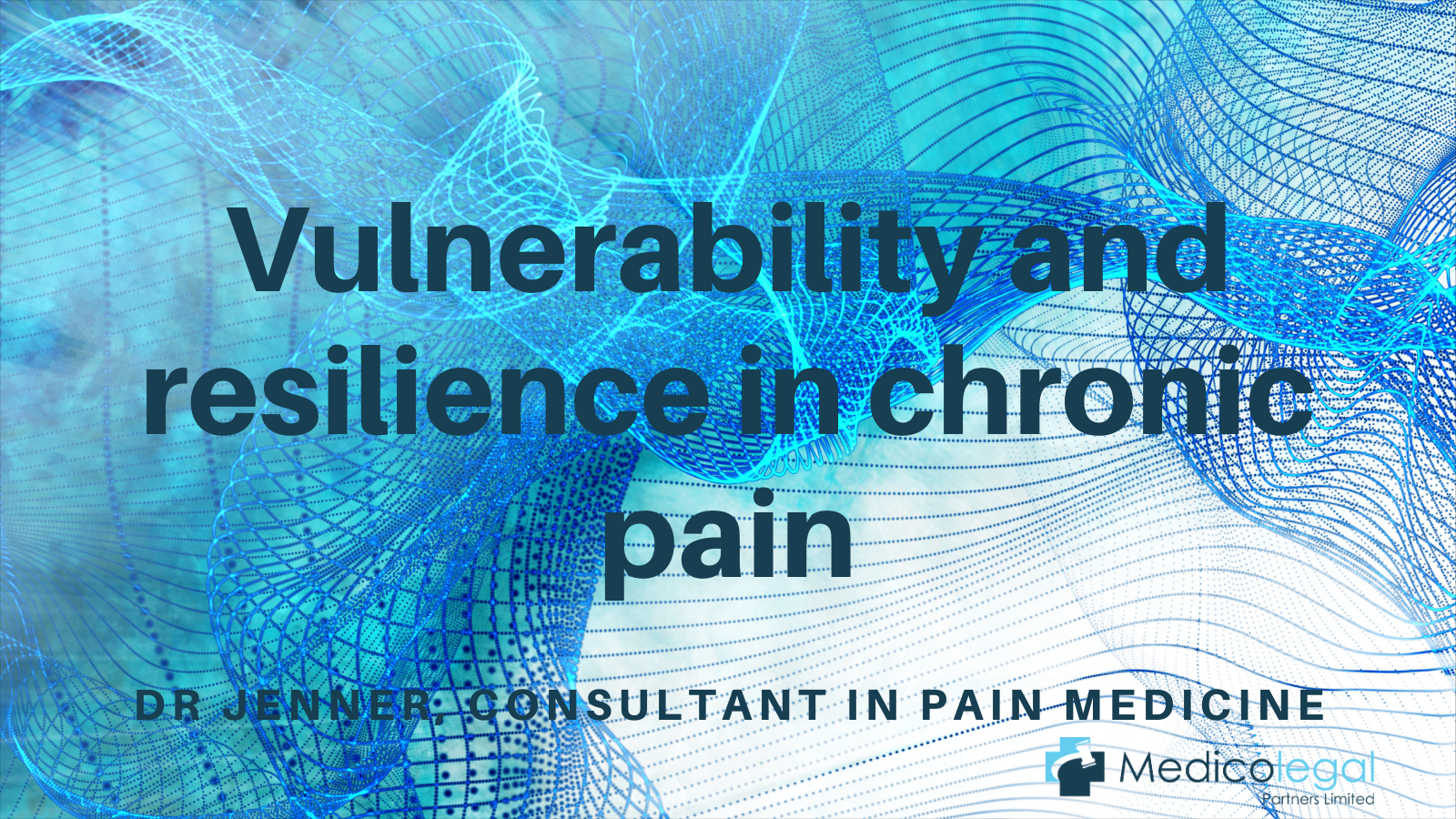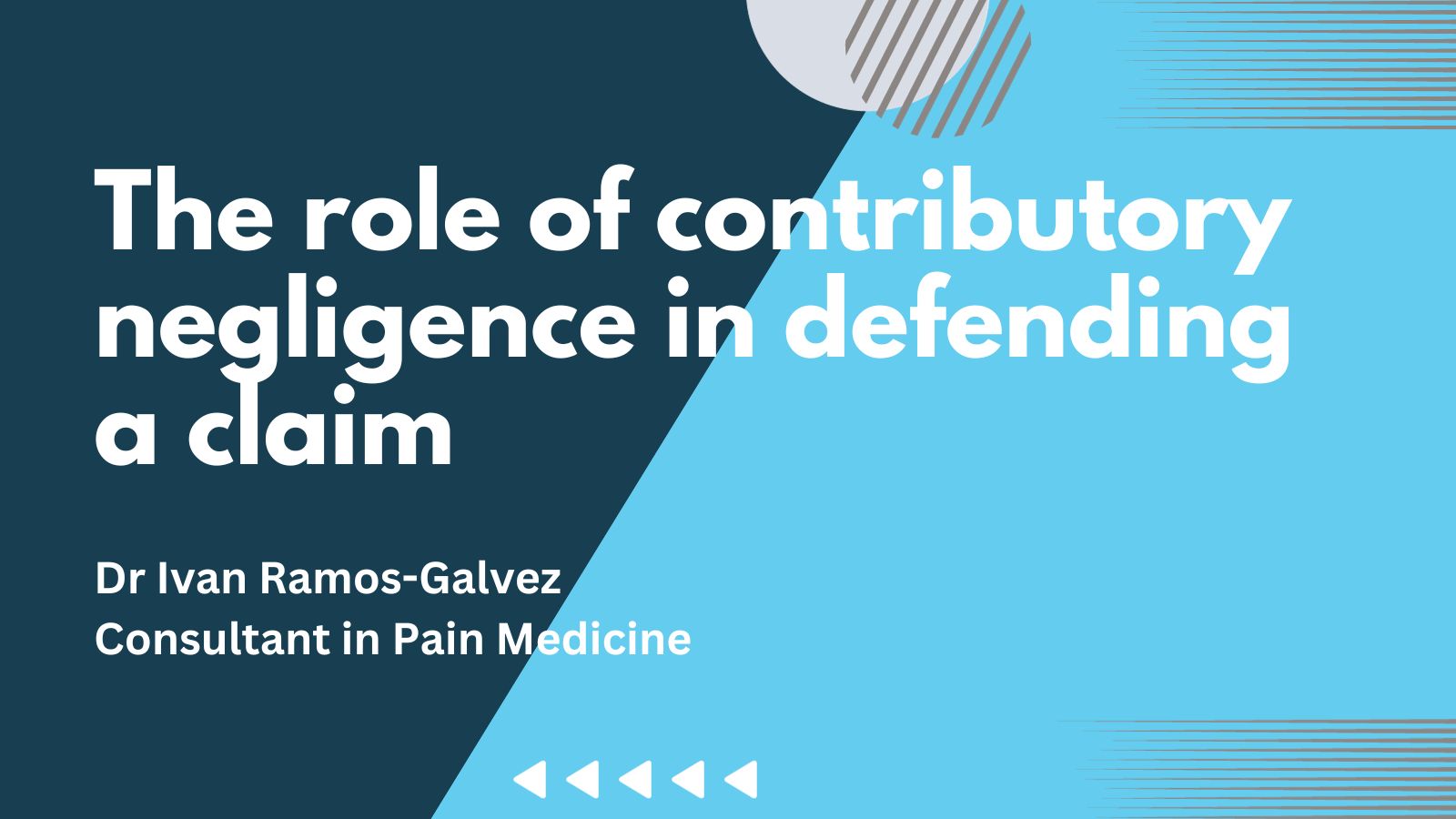
The role of contributory negligence in defending a claim
In order to succeed, a claim for medical negligence must prove that the practitioner involved had a duty of care to their patient, this duty was breached and that the breach resulted in harm to the patient. However, if it can be demonstrated that the claimant contributed in some way to their own injuries, this…


